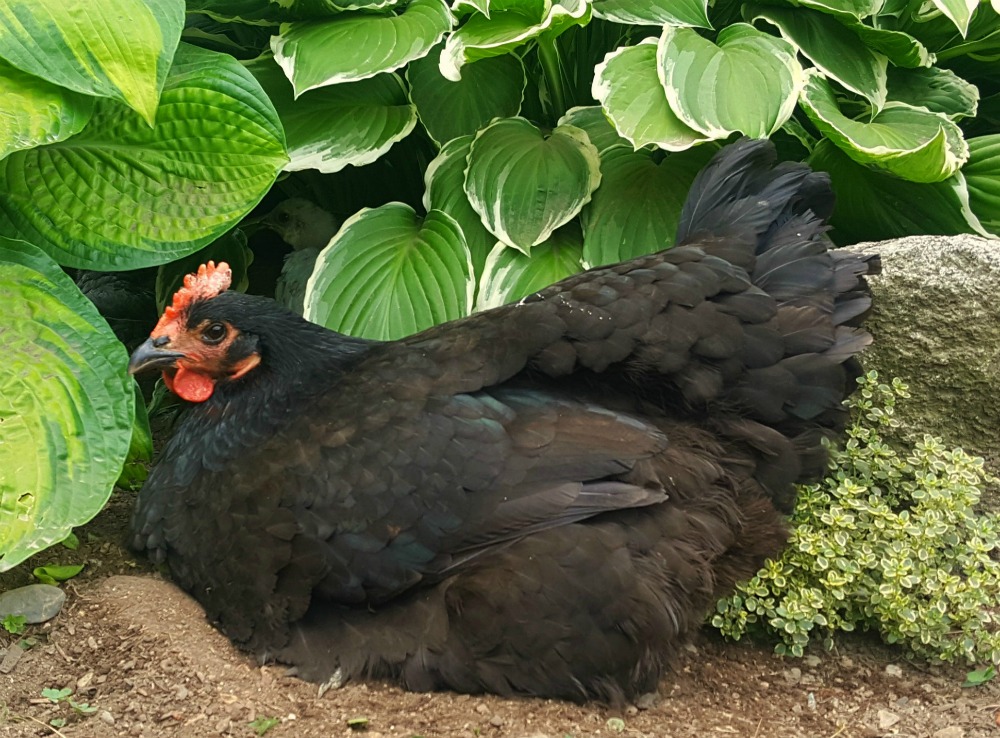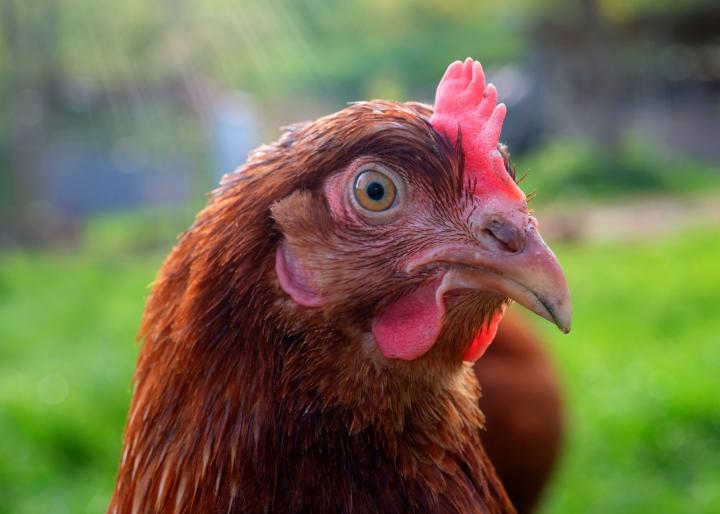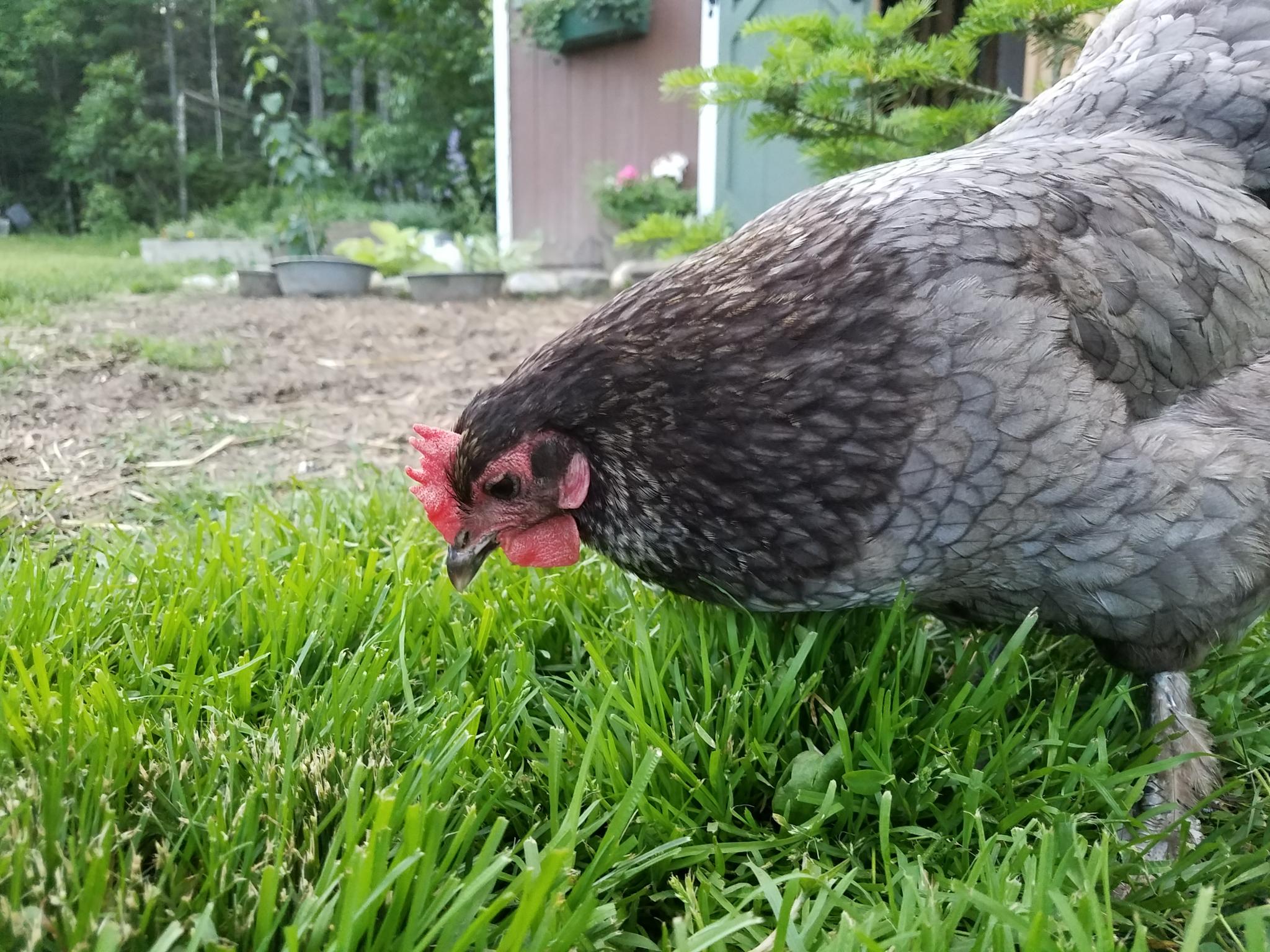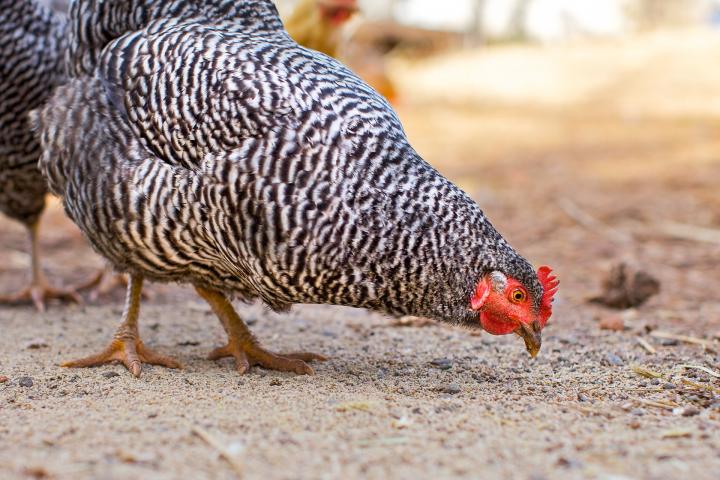
Which Type of Chicken Best Suits You and Your Space?
ADVERTISEMENT
I live in Central Missouri where it gets below freezing every winter and into the triple digits every summer. What are the best layer breeds that should I get?
I've got Road Island Reds, Buff Orpingtons, Smokey Pearls, Aracuna, Australorps. looking for Marans, & Barr rocks to complete my dream team.
My mother always raised white chickens that laid white eggs. They were not people-friendly and were quite flighty. I never liked chickens all that well, growing up. When the uncertainty of the pandemic hit, eggs were the one thing we were lacking and I decided I needed to get some chickens. After a good deal of research, my first laying hens were Black Stars AKA Black Sexlinks. I love these chickens. They are docile. They are beautiful. They lay huge brown eggs and LOTS of them. I believe they are a cross between a Rhode Island Red and a Barred Rock. The females are always iridescent black with many of them having some rust-colored feathers around their neck or just on the front of their neck, and on their breast. Occasionally, one is all black. I think the males are red and white. I would highly recommend them to anyone. They seem to tolerate both heat and cold, although, like all chickens, their production greatly dropped when it was ten degrees and below for an entire week. I really thought Black Stars would be listed in this article and was a bit surprised that they were not. I did see that another reader also mentioned this breed.
Are there any chicken breeds for Northern California that are less likely to be red tail hawk food? I love and prefer to free range my ladies but my flock of 14 in October is now down to 1. When I first started losing them I started leaving them in their run but it seems they're disappearing faster now because the birds find their way in!
Your pen needs to have some sort of netting or chicken wire roof over the whole pen. The fencing needs to have 1"x 3' vermin wire on the bottom dug 18" inches into the ground. The gate needs to have a landscape timber cut to fit and trenched tightly under the gate and the gate should be tight to the posts on each side and have a treated 1x4 across the top right above the gate with very little gap between it and the gate. It may not be just red tail hawks as owls, raccoons, skunks, foxes, and members of the weasel family love to dine on chicken. I worked on a state game farm and raised pheasants for 17 years and had to deal with every kind of predator you can think of including coyotes. The vermin wire prevents animals from digging under your fence, and not just predators, wood chucks like to eat chicken food too and if they dig under you fence it provides a highway for the predators.
I love my girls.. Rhode Island reds, lanthrop, buff orpington, wyandotte, faverole, wellsummer,delaware whites, Barnevelder and baredrock. Colors of the eggs are from white to dark chocolat brown.
I love my Rhode Island Reds. Great egg-layers all year (I live in CT). I only have hens as roosters are not permitted.
I have kept chickens for about ten years. I have mostly Rhode Island Red and Black Sex-Link. I have had Buff Orpingtons, Plymouth Rocks, Lohmanns, Wyandottes, and one Chantecler. The Chantecler would still lay the occasional egg at ten years old. She would go broody every season up to about age 7. She was a great forager and an all around great hen. I considered her the best of my flock. A weasel found an entry to my coop recently. Among the dead was my great old Chantecler. I would like an entire flock of Chanteclers if I could find them. Unfortunately, they are not common here.
I want to raise chicken for white and brown eggs in North Georgia not more than 4 but I don't know which type of chicken will be good in here.
Thank you.
Think about Cochins or chickens with feathered legs and feet. They were bred to withstand cold weather. Just make sure they also have a good deal of shade in summer.













